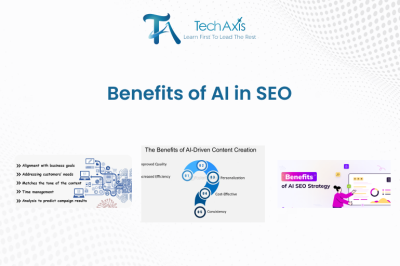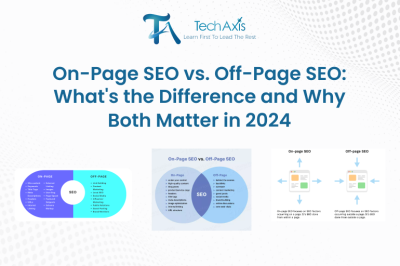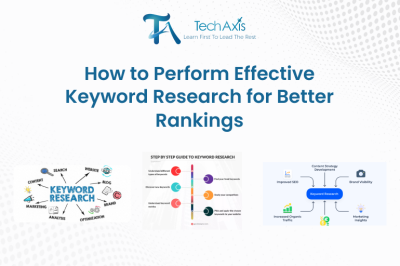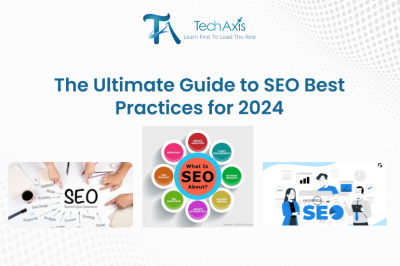Introduction
Search Engine Optimization (SEO) consists of the applications used to optimise a website for increased visibility and relevancy in search engine rankings. The basic principles of SEO are not only easy and clear to understand, but they are also essential for building a successful web presence for your business or organization. If SEO is done early and done well, it can be the most time and cost-efficient stage of building your website. The main purpose of Search Engine Optimization (SEO) is to make people make sure that their websites are appealing to search engines. Even though techniques can differ depending on your organization, the main idea is to ensure the basic white hat tactics are followed regularly. Well White Hat SEO refers to the practice of optimizing a website to improve its search engine ranking through legitimate means that align with search engine guidelines. It focuses on creating quality content, relevant keywords, and a positive user experience. And with the best SEO Training in Nepal Course will help you to achieve this.
Imagine search engine results as a race. The goal is to be the first website people see when they search for something. To have a chance to win this race, your website needs to be super fast and easy to find. Even if you win, you have to keep working hard to stay ahead because everyone else is trying to beat you too.
So, SEO is all about competing to be the best and most visible website. SEO aims to improve your website's visibility on Search Engine Results Pages (SERPs). When people search online, the goal is to make your site appear as a top result. To achieve this, search engines evaluate your website's relevance and value based on various factors.
Search Engine Optimization Techniques
SEO encompasses a variety of strategies to improve a website's visibility and ranking in search engine results.
- On-Page SEO: This focuses on optimizing elements within a website itself. This includes keyword research, title tag and meta description optimization, header tags (H1, H2, etc.), image optimization (alt text, file names), and internal linking.
- Off-Page SEO: This involves building authority and trust for a website through external signals. Backlink acquisition (getting other websites to link to yours), social media marketing, online directories, and guest posting are key off-page SEO tactics.
- Technical SEO: This involves optimizing the technical aspects of a website for search engines. Website speed, mobile-friendliness, XML sitemaps, robots.txt, structured data, and error handling are essential technical SEO elements.
- Local SEO: Specifically targeting local customers, local SEO involves optimizing a website for geographic searches. Google My Business optimization, local citations, and online reviews are crucial for local SEO success.
By effectively implementing these SEO techniques, businesses can enhance their online visibility, attract more organic traffic, and improve their overall search engine rankings.
Why Choose an SEO Training Course?
In today's digital age, a strong online presence is essential for businesses of all sizes. Search Engine Optimization (SEO) is the key to boosting your website's visibility, attracting organic traffic, and achieving higher search engine rankings. An SEO training course empowers you to master the art and the techniques of optimizing your website for search engines. Here are some of the key benefits of the SEO Training Course:
- Boost Organic Traffic: Learn proven strategies to increase your website's visibility in search engine results, driving more qualified visitors.
- Enhance Online Visibility: Understand how search engines work and how to optimize your website to rank higher for relevant keywords.
- Gain a Competitive Edge: Stay ahead of the competition by acquiring in-depth knowledge of the latest SEO trends and best practices.
- Improve ROI: Maximize your marketing budget by leveraging the cost-effective benefits of SEO.
- Career Advancement: Build a successful career in digital marketing with in-demand SEO skills.
- Data-Driven Decision Making: Learn to analyze website performance metrics and make data-driven SEO optimizations.
- Master Essential SEO Techniques: Gain hands-on experience with keyword research, on-page optimization, link building, and technical SEO.








